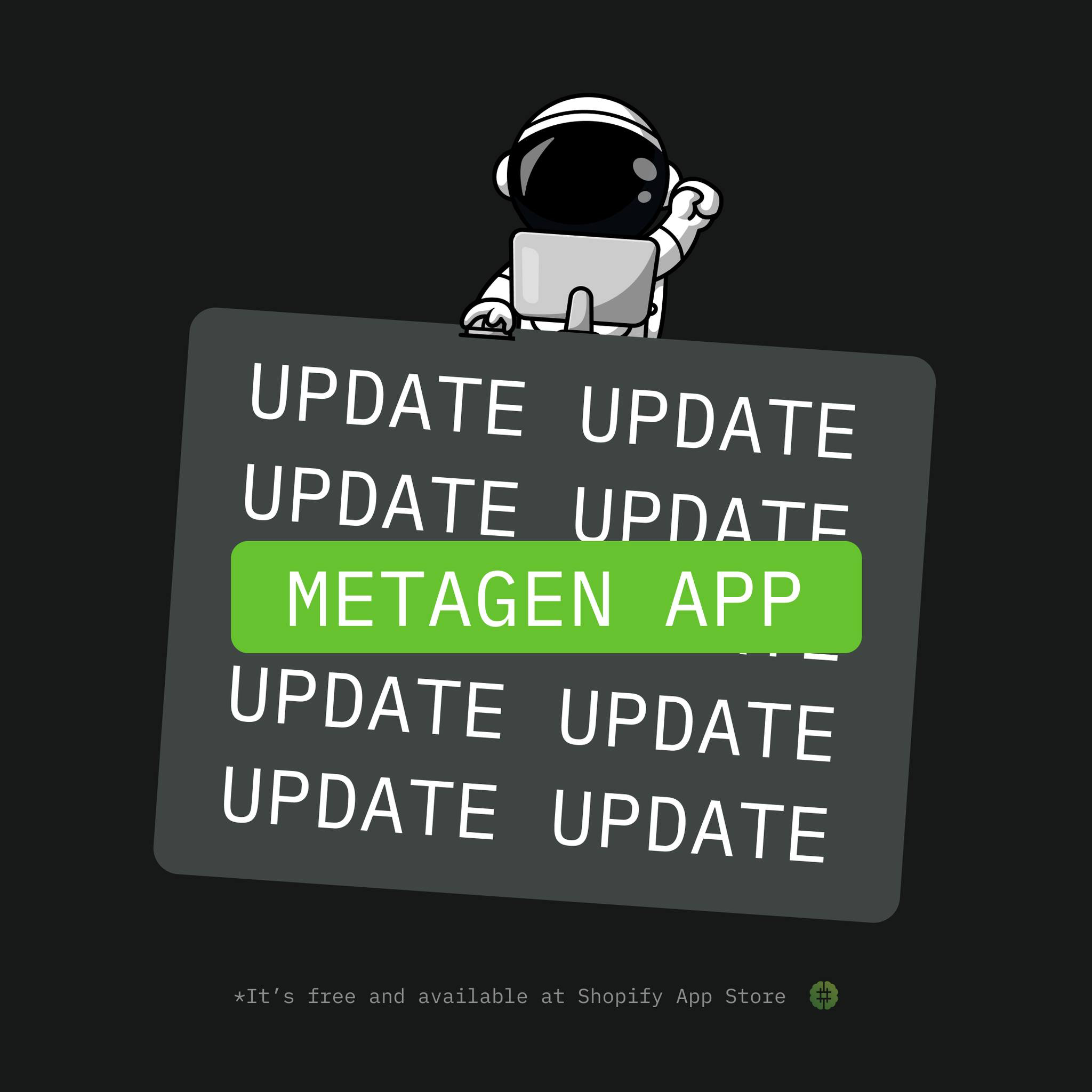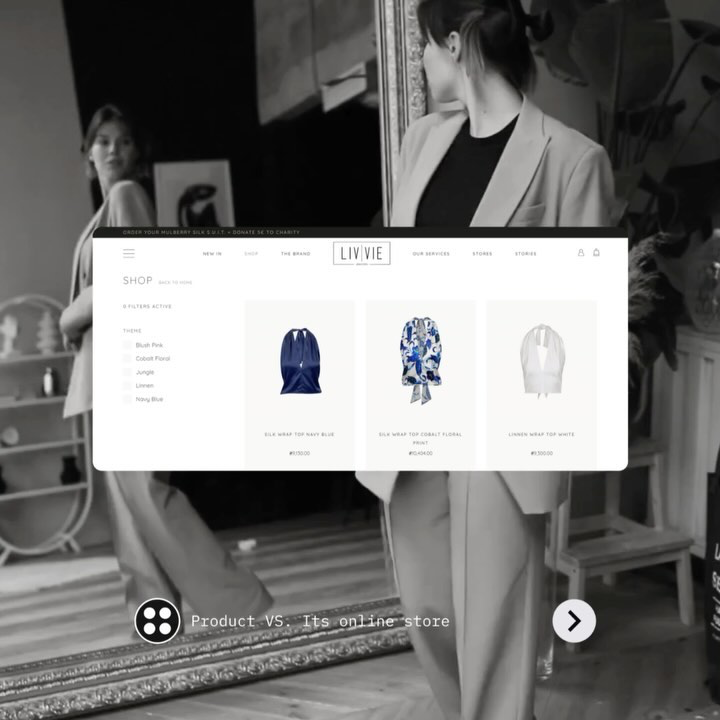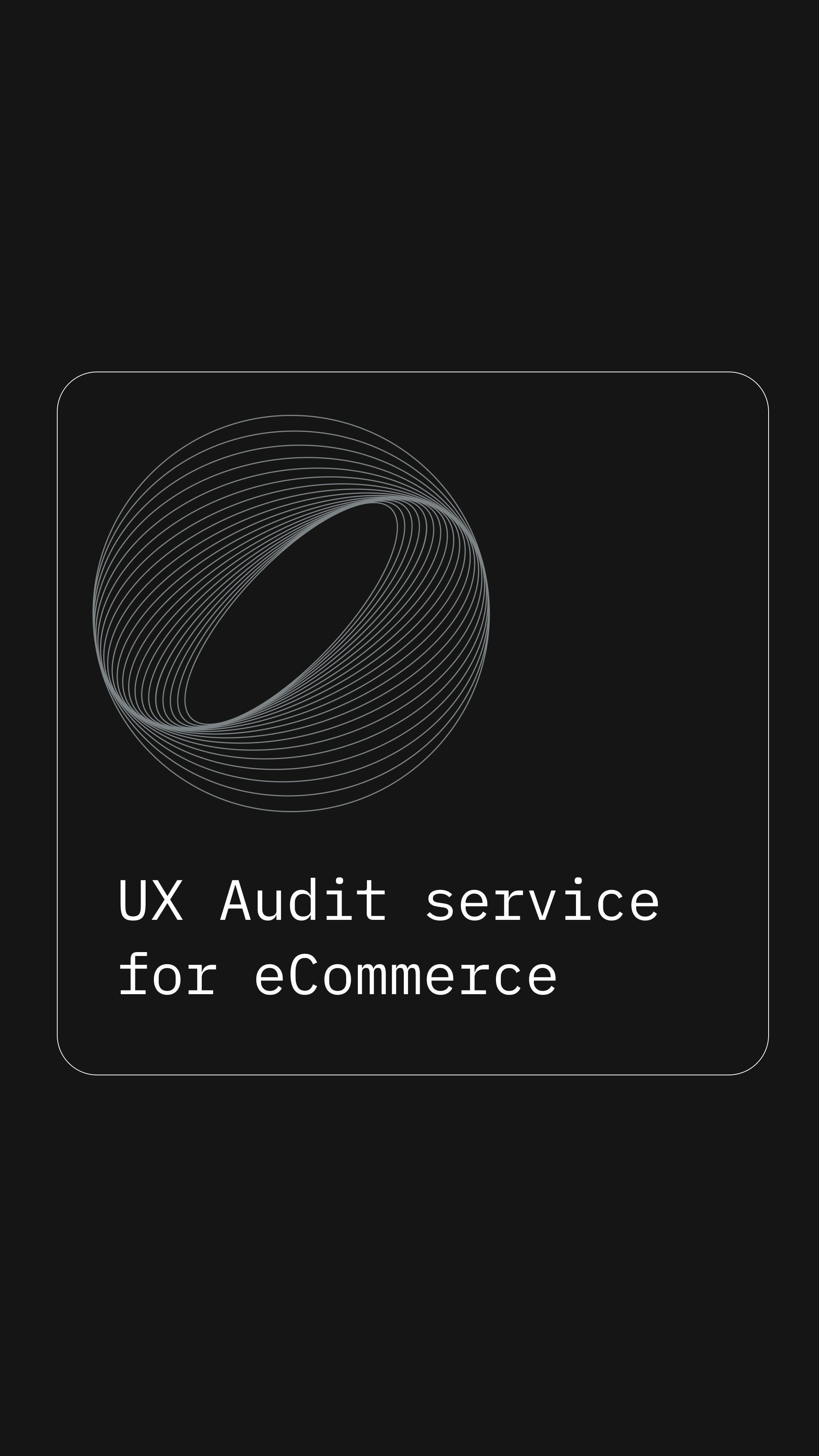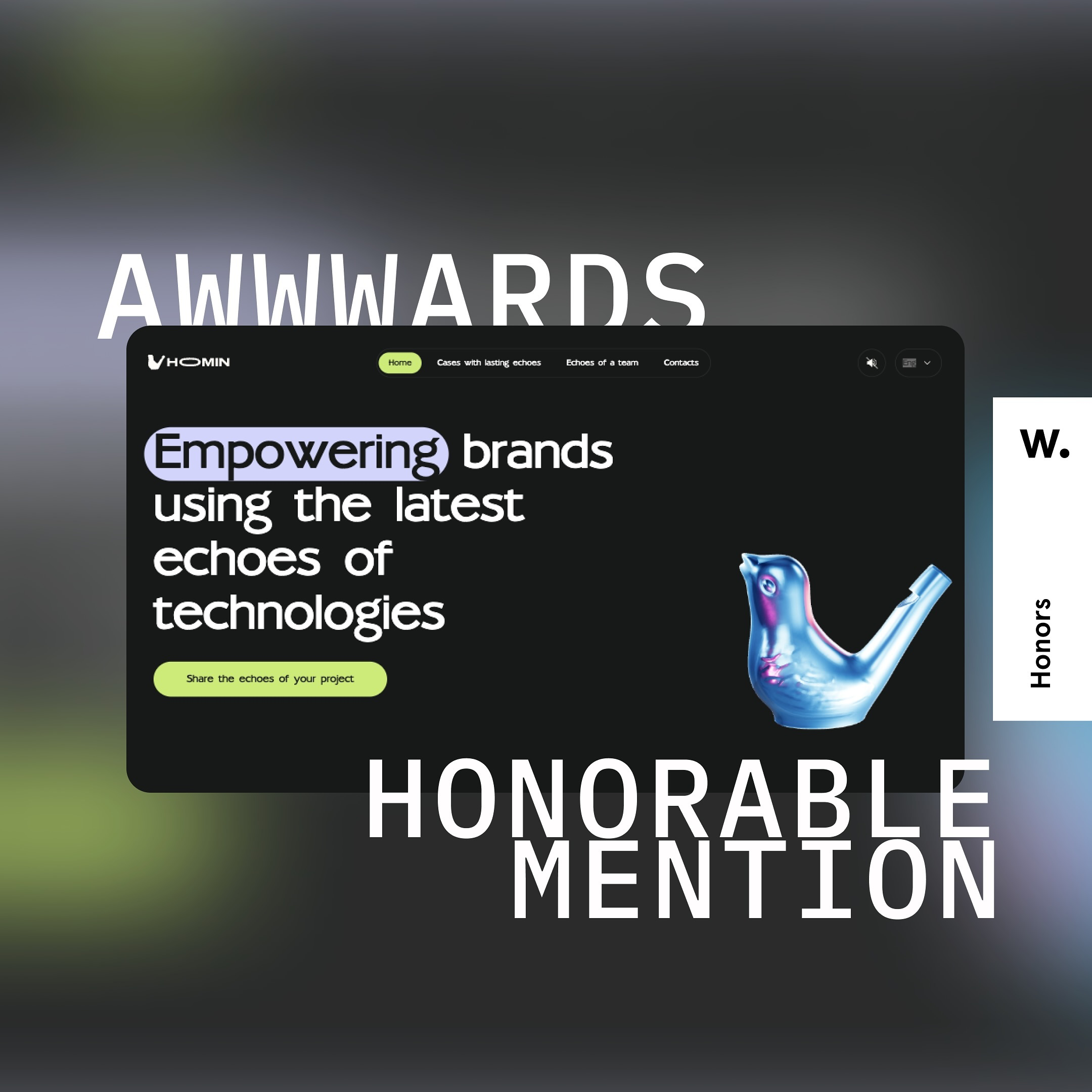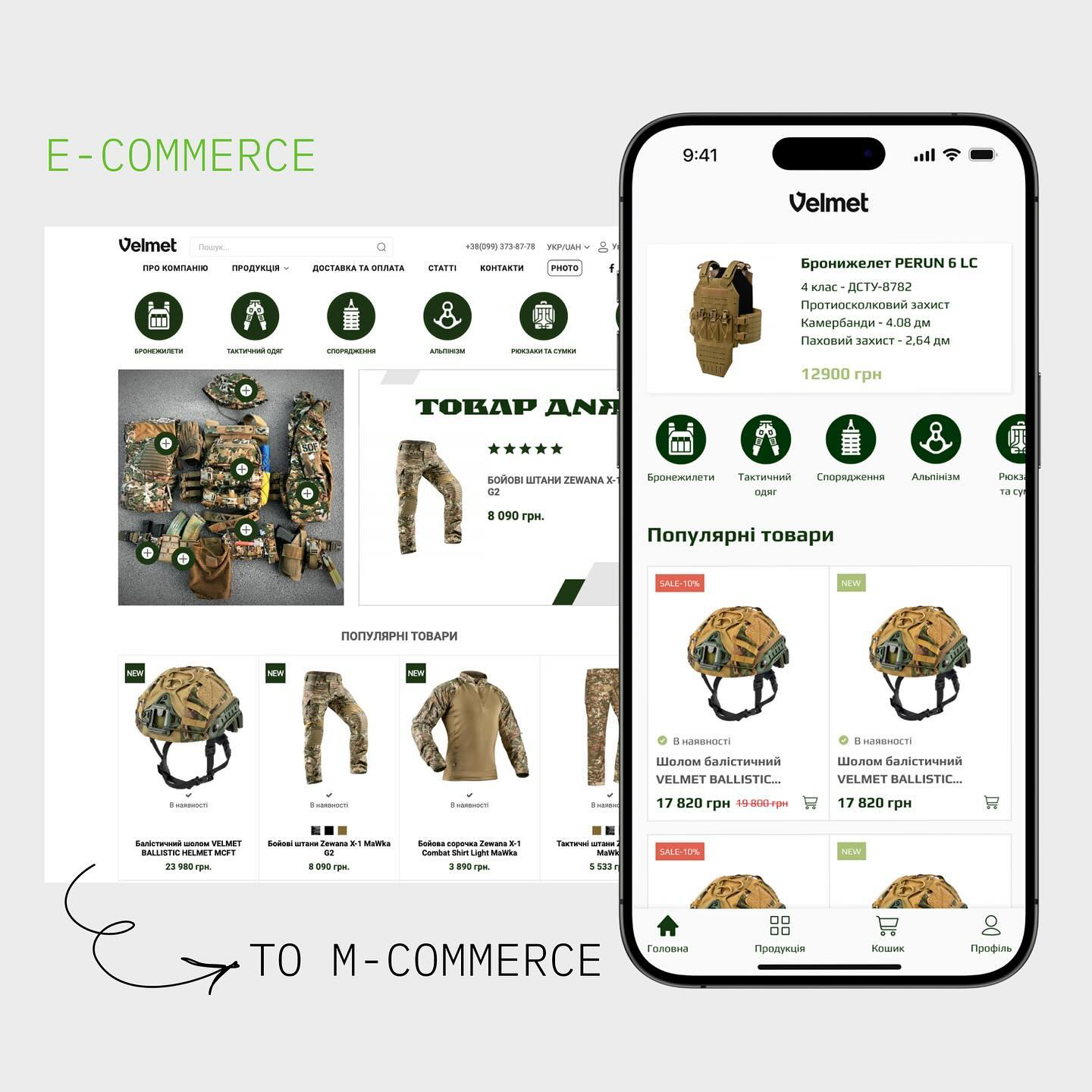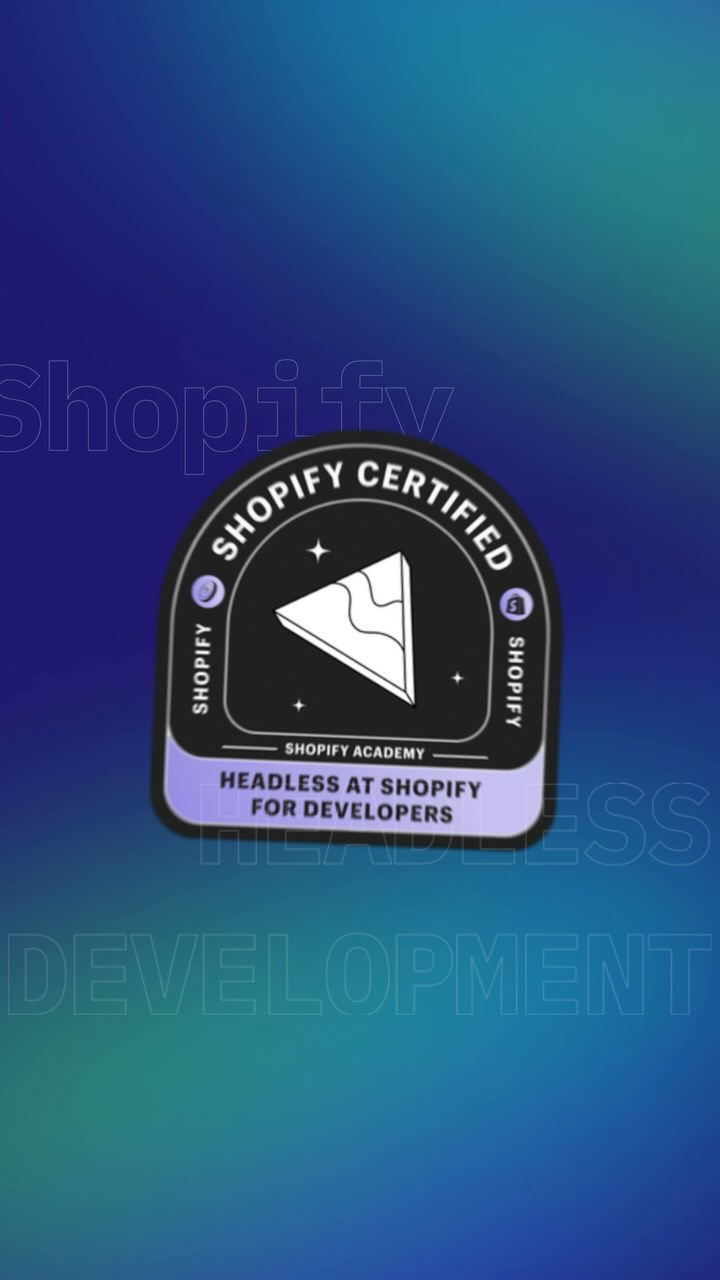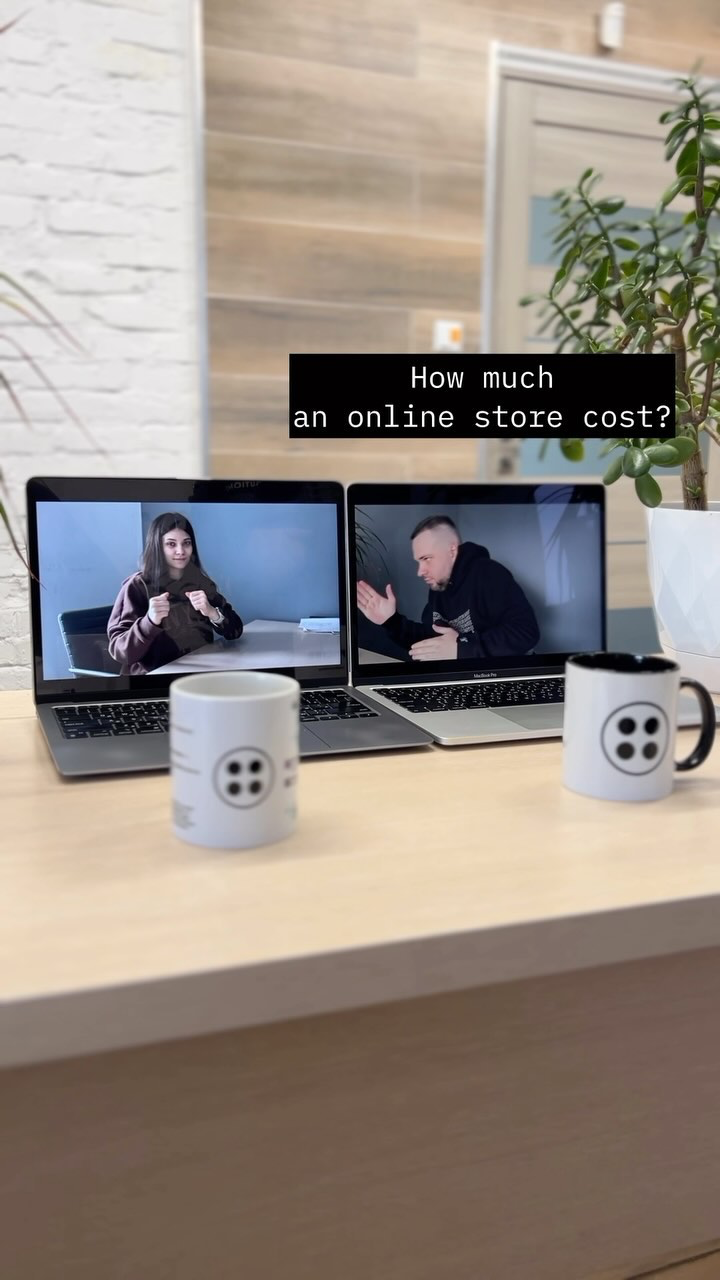

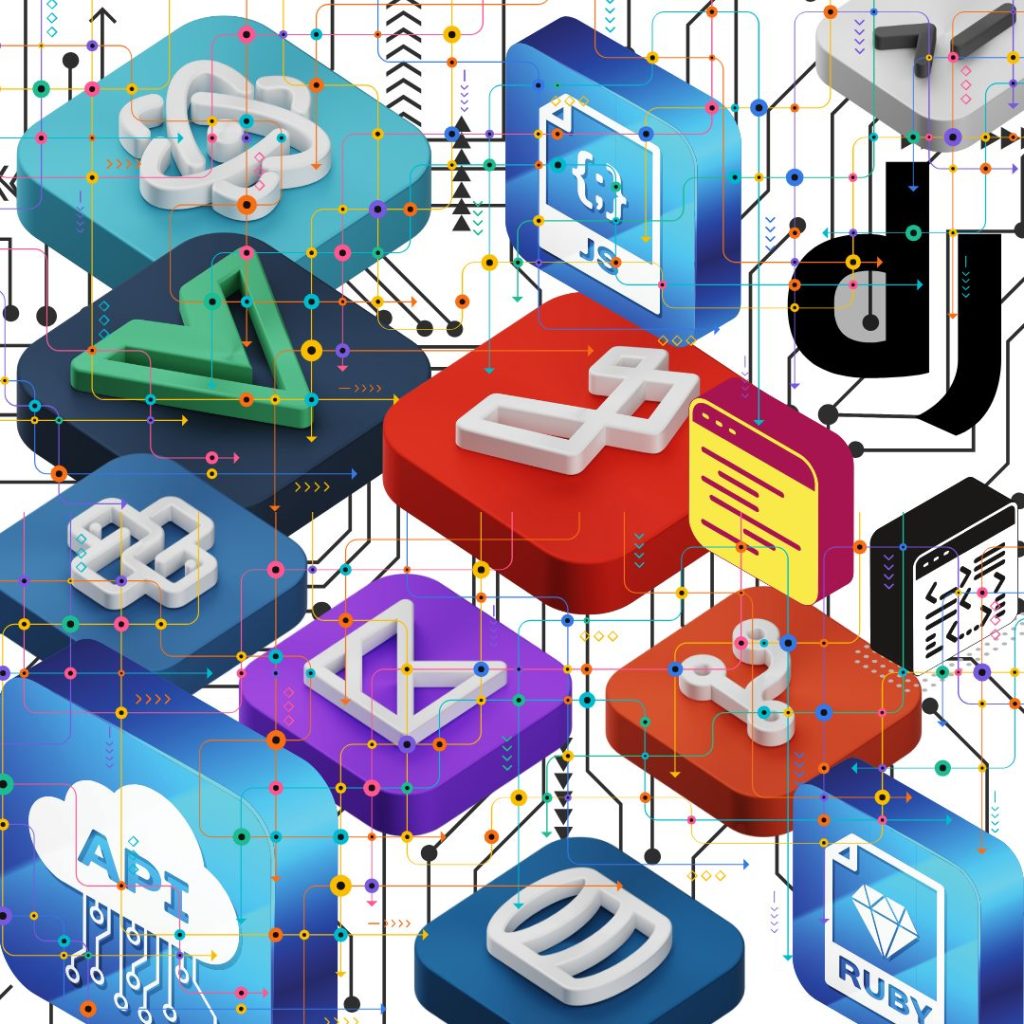
Discover how to choose the best framework for your project. Learn key factors for selecting the right framework for scalability, speed, and development success.
Choosing the right framework for your project is a critical decision that can significantly impact its scalability, performance, and long-term success. With so many options available, making the best choice can feel overwhelming. This guide will help you navigate the decision-making process and choose a framework that fits your project’s unique needs.
Why Framework Selection Matters
Impact on Development Speed and Cost
The framework you select will shape your development timeline, costs, and ease of maintenance. For instance, frameworks like React and Angular are known for rapid development of dynamic interfaces, while Django or Laravel excel in back-end simplicity.
Scalability and Performance
Not all frameworks are created equal when it comes to handling high traffic or scaling effectively. If your project anticipates rapid growth, it’s essential to choose a framework with robust scalability features.
Team Expertise
Your development team’s familiarity with a framework can influence productivity. Opting for a framework they already know can reduce learning curves and improve project timelines.
Key Factors to Consider When Choosing a Framework
1. Project Requirements
Begin by assessing the specifics of your project.
- Type of Project: Is it a web app, mobile app, or API?
- Features Needed: Does your project require real-time data updates, e-commerce capabilities, or advanced analytics?
- Deadline: How quickly does the project need to be completed?
2. Framework Popularity and Community Support
Frameworks with active communities like React, Vue.js, or Ruby on Rails offer robust libraries, frequent updates, and extensive documentation. This ensures long-term support and easy access to solutions for common issues.
3. Performance Benchmarks
If your project requires high speed or low latency, consider frameworks known for their performance.
- Node.js is great for asynchronous applications like chat apps.
- Flask or FastAPI provide lightweight solutions for APIs with minimal overhead.
4. Scalability
For projects that need to handle large amounts of traffic, choose frameworks that support:
- Horizontal scaling (e.g., Django, Spring).
- Asynchronous handling (e.g., Node.js, ASP.NET).
5. Ease of Integration
Some frameworks offer seamless integration with third-party tools like Stripe for payments or Twilio for communications. If integration is critical, confirm that your chosen framework supports it natively or through plugins.
Risks of Choosing the Wrong Framework
1. Delays in Development
Using a framework that doesn’t align with your project’s needs can lead to significant delays:
- Frameworks with limited libraries or poor community support may require more manual coding.
- Teams unfamiliar with a specific framework face steep learning curves, slowing down the development process.
2. Performance Bottlenecks
Frameworks not suited for your project type can lead to poor performance:
- For example, using a synchronous framework for real-time applications might result in slow response times.
- Poor performance can frustrate users and drive them away from your platform.
3. Higher Maintenance Costs
The wrong choice can increase the cost of ongoing support and maintenance:
- Niche frameworks with small communities may require hiring specialized developers.
- Outdated frameworks might necessitate a costly and time-consuming code refactor in the future.
4. Integration Limitations
Not all frameworks integrate easily with essential tools and third-party services:
- Frameworks lacking support for tools like Stripe (payments) or Twilio (communications) can complicate development.
5. Security Vulnerabilities
Using frameworks with outdated libraries or insufficient support can leave your project vulnerable to cyberattacks.
- Projects built on insecure foundations risk exposing sensitive data, leading to reputational damage and financial loss.
6. Loss of Competitive Advantage
Outdated or inappropriate frameworks can result in subpar user experiences:
- Slower feature updates and inefficient performance may lead users to switch to competitors with faster, more modern solutions.
Imagine a startup selecting an outdated version of Ruby on Rails for a high-traffic mobile application instead of a better-suited framework like Node.js. The result? Poor performance under heavy load, dissatisfied users, and costly redevelopment to switch frameworks.
Comparing Popular Frameworks
| Framework | Best For | Pros | Cons |
|---|---|---|---|
| React | Front-end UI development | Active community, reusable code | Steeper learning curve |
| Django | Back-end web development | Secure, scalable, versatile | Monolithic structure |
| Vue.js | Front-end applications | Easy to learn, lightweight | Smaller ecosystem |
| Node.js | Real-time applications | Asynchronous, fast | Callback hell for beginners |
| Laravel | Web applications | Elegant syntax, built-in tools | Slower for large applications |
For a detailed analysis of Laravel, its pros and cons, and the best projects it suits, check out our in-depth article: Pros and Cons of Laravel.
External Resources for Framework Selection
- For comparing JavaScript frameworks, visit JavaScript.info.
- To explore benchmarks for back-end frameworks, check out TechEmpower Framework Benchmarks.
- Learn about scalability challenges and solutions at AWS Scalability Guide.
Selecting the right framework for your project is a balancing act between your technical requirements, team expertise, and long-term scalability goals. Frameworks like React, Django, and Node.js all offer distinct advantages, but the best choice depends on your project’s specific needs.
Ready to get started with your next project? At HKDevotion, we specialize in custom software solutions tailored to your business goals. Contact us today for a free consultation and let’s build something extraordinary together!
More In LinkedIn
Ready to start project or need more information?
You can contact us on the contact form on this website or contact us through the email at contact@hkdevotion. com. We can also be contacted on Tel: +351 916 651 396.
Our office is located in the most beautiful location in Europe: Rua da Alegria, n.o 31, 1.o F, 9000 040 Funchal, Madeira, Portugal and you are always welcome to visit us personally.
Follow us on social media platforms to get the recent updates on the projects we are implementing. Remember to subscribe to our newsletter to get the latest news on our services.



